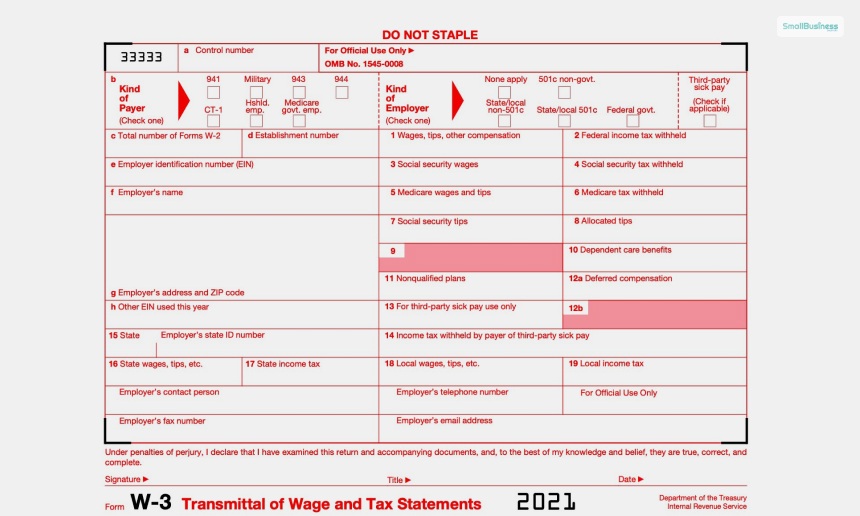The Statute of Frauds is an age-old legal concept according to which certain contracts must be in writing to become valid and acceptable. It is a legal doctrine that states that certain types of contracts must be in written form. Some examples of these contracts include agreements involving the sale of land, the sale of goods worth more than $500, or contracts that last more than one year.
In this article, you will learn about the Statute of Frauds concept in law and how it works in various situations, especially for businesses. Furthermore, we will also discuss the various types of frauds that are covered under the statute of frauds. Finally, we will share with you the different requirements necessary for a contract to come under this statute. Hence, to learn more about this concept, read on through to the end of the article.
What Is The Statute of Frauds?

According to Cornell Law School (an Ivy League college),
“A statute requiring certain contracts to be in writing and signed by the parties bound by the contract. The purpose is to prevent fraud and other injury. The most common types of contracts to which the statute applies are contracts that involve the sale or transfer of land, and contracts that cannot be completed within one year.”
The statute of fraud is one of the foundational principles of common law. To enforce this principle of law, some types of contracts need to be in written form rather than in oral form. It is one of the oldest legal principles in law, which originated in the 17th century in England.
The English parliament passed the Legislative Act in 1677. The original name of this act was An Act for Prevention of Frauds and Perjuries. This law is still effective in many provinces in Canada. However, in the United States and in modern-day England, this legislative act has been one of the major guiding principles for centuries at the time of making common laws. Many elements of this law have been subject to codification through different legislations in various jurisdictions.
How Does The Statute of Frauds Work?

There are two major purposes behind the creation of the statute of frauds – cautionary and evidentiary.
According to the Corporate Finance Institute,
“Requiring written contracts provides evidence in the case where a future dispute arises. Requiring parties to create written contractual agreements also, hopefully, induces the parties to only enter into such an agreement after due consideration and to avoid seriously obligating themselves without such appropriate consideration.”
As opposed to oral contracts, which are usually enforceable in a similar manner, the statute of frauds requires certain types of contracts to be created in written form. As per the statute of frauds policy, certain contracts must be developed in written form and must be signed by appropriate parties.
The purpose behind the creation of the statute of fraud is to prevent injury or fraud to ensure evidentiary and cautionary projection for certain contracts. The function of evidentiary protection is to provide documentation ensuring the existence of a legal and binding agreement.
On the other hand, the cautionary function of the statute of frauds is to ensure that all the parties in an agreement are serious, intent, and deliberate in the transaction.
What Are The Types Of Contracts It Covers?

The following are major types of contracts that the statute of frauds covers in the United States:
- Promises that are made related to marriage, include even the engagement ring and other gifts.
- Any contract that takes more than one year to complete
- If there are any contracts for the sale of land, then the statute of frauds must be covered. Unless a lease is for a year or more, they need not be covered.
- Promises related to the payment of an estate’s debt from the executor’s personal funds. However, if the promise of payment is from the fund of the estate, then it is not applicable to the statute of fraud.
- If there is a contract for the sale of goods worth $500 or more, then it must be considered under the statute of fraud.
- If, in a contract, one person promises to pay the debt of another person, then it is applicable to a statute of fraud.
What Are The Requirements Of The Statute of Frauds?

According to Investopedia,
“The statute of frauds is a law that deems certain types of verbal contracts non-binding and unenforceable without written evidence to support them. As was the case when this concept was brought alive back in seventeenth-century England, its job is to make sure both parties in a contract are protected from fraudulent behavior.”
Here are the major requirements of the statute of fraud that you need to know:
- An agreement is only enforceable when both parties sign the agreement.
- If what is shown in writing is different from the goods shown in the written agreement.
- If an agreement is rejected, the written rejection should be presented within a specified time.
- There shall be proper dispatching of the written correspondence. The correspondence becomes invalid in case of improper address or other failures to ensure safe transmission.
- A contract becomes invalid when a mistake from one party in the agreement leads to a negative material effect in the exchange agreed upon.
Final Thoughts
As per the statute of frauds, which is a legal concept, for certain agreements, legal contracts are binding. This statute applies in cases of land sales and purchase of goods that are worth $500 or more. However, the applicability of the statute of frauds varies from state to state in the United States. The law is adopted as a common law (unwritten law) concept in the country.
In the US, major aspects of this legal principle are included in the Restatement (Second) of the Law of Contracts. The major aim is to prevent misunderstandings and fraudulent activities related to oral contracts. How do you think this legal principle can be improved? Share your opinions with us in the comments section below.
Continue Reading:




Leave A Comment